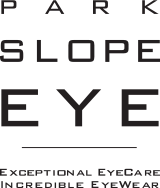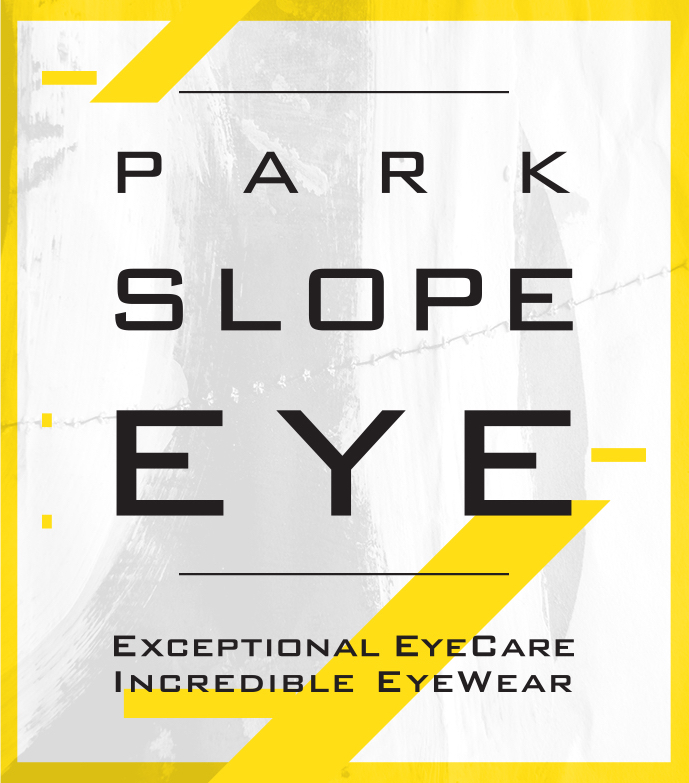Strabismus is a vision developmental disorder caused by a misalignment in the eyes, which usually develops in childhood. Currently, approximately 4% of all children in the U.S. have this condition, according to the American Association for Pediatric Ophthalmology and Strabismus. In today’s post, your provider of high-quality contact lenses and other premier eye care services, Park Slope Eye, sheds light on this condition.

You have six eye muscles that support your eyes and control their movement. These muscles are also responsible for maintaining coordination and balance between your two eyes. If these muscles don’t work correctly, you can develop strabismus, in which your eyes look in slightly different directions, sending two different images to your brain. This may confuse your brain, causing it to ignore images sent by the “weaker” eye.
According to your trusted eye doctor, strabismus is a common vision disorder among children. It may happen as a complication of cerebral palsy, Down syndrome, or hydrocephalus. That said, adults may also develop it too as a side effect of cataracts, brain tumors, and other nervous system conditions.
Common Symptoms
Strabismus is often characterized by having one eye that looks slightly sideways or upward. Affected individuals may also squint or tilt their heads to compensate for their eyes’ misalignment. Faulty depth perception, “jittery” or unstable vision, and frequent headaches are common symptoms as well.
Our Suggested Management
In most cases, corrective eyewear like eyeglasses or contact lenses cannot correct strabismus. Vision therapy, which involves performing eye exercises to help straighten your eyes and restore your binocular eyesight, tends to be more effective.
We may also recommend applying a patch or atropine eye drops on your stronger eye. This teaches your brain to recognize signals from the “weaker” eye. Over time, this can help improve the coordination between your two eyes. For more severe cases, we may suggest performing a surgery to correct the misalignment.
For more information about strabismus, just fill out our contact form to request an appointment. We serve Brooklyn, NY.








